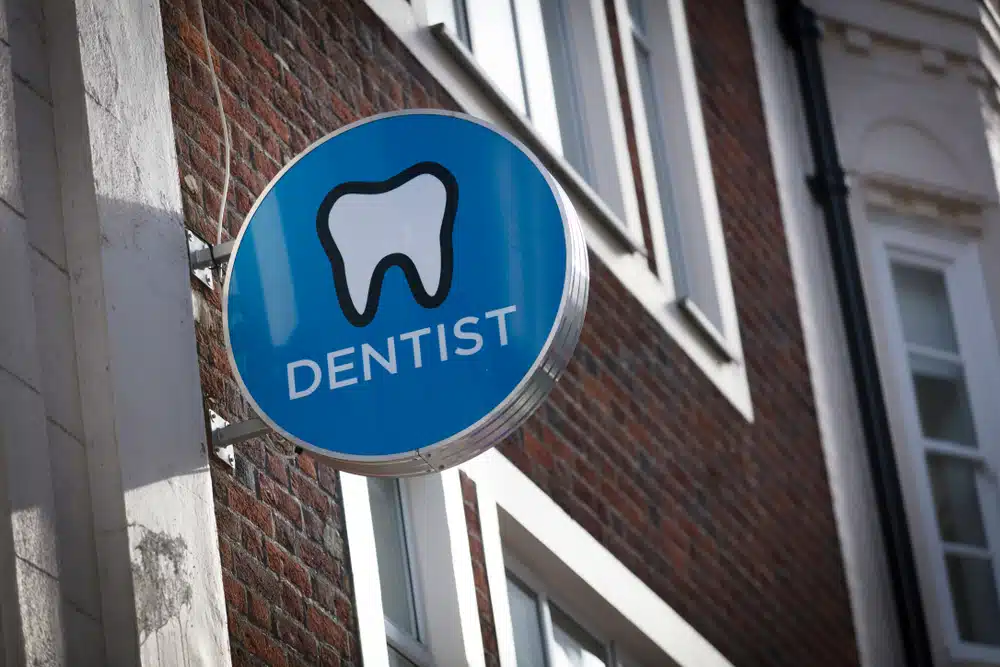
Dental professionals are regulated by the GDC, a statutory body that oversees professional standards. Continuing professional development (CPD) is a requirement for dentists, and they must also buy professionalindemnity insurance. A dentist or dental care professional must prove that they speak English well enough to practice safely according to the GDC.
Regulation and Quality Improvement Authority (RQIA) registration is required for dental practices in Northern Ireland that offer private treatment. Health Inspectorate Wales (HIW) regulates healthcare in Wales. A minimum of three times a year, HIW inspects all dental practices (public and private).
Unless your dental practice is owned and operated by a GDC member, only GDC-registered dental hygienists, therapists, nurses, and technicians should be employed.
Legal and ethical issues in dentistry
You need to provide certain information on your practice website, your qualifications, and GDC registration number. You can find out more about the BDA by contacting them.
Most of the materials and equipment commonly used in dental practices are regulated. For instance:
- Young people, pregnant women, and breast-feeding women cannot be treated with amalgam because of the Mercury Regulations. Pre-dosed encapsulated amalgam must only be used in dentistry.
- Radiation exposure to X-rays is regulated by the Ionising Radiation Regulations and the Ionising Radiation (Medical Exposure) Regulations. The College of General Dentistry has published Guidance Notes for Dental Practitioners on the Safe Use of X-ray Equipment.
- An inspection and insurance scheme for pressure vessels must be in place at dental practices
- Some regions of the UK regulate the use of class 3B or 4 dental lasers. RQIA registration is required for practices in Northern Ireland. In Wales, the HIW is the registering authority. Currently, there is no requirement to register with the CQC in Scotland, and registration with the CQC is only required in England
What licences does a dentist need?
Here are some things you should know:
- An annual retention fee must be paid by dentists wishing to practice in the UK under the General Dental Council (GDC)
- Registered dentists in England must display the rating awarded after an assessment by the Care Quality Commission (CQC)
- Registration with the RQIA in Northern Ireland, as well as with the Healthcare Inspectorate Wales (HIW), is required if you use dental lasers (class 3B or 4). Scotland does not require registration at the moment. Lasers are registered with the CQC in England
- Registration with the RQIA is required for practices providing private treatment in Northern Ireland
- HIW registration is required for all private treatment practices in Wales
- Health Improvement Scotland must register all private treatment practices in Scotland
- HSE requires registered dentists to use x-ray generators
- As a data user, you must register with the Information Commissioner’s Office (ICO)
- A dental hygiene therapist, technician, or hygienist must be registered with the General Dental Council. Dental nurses and technicians, hygienists and therapists should only be employed by – or working with – registered dental professionals
- Financial Conduct Authority (FCA) authorisation may be required if you sell dental insurance
- In order to play background music in your practice, you will need a Music Licence from PPL PRS Ltd
Storage, use and disposal of potentially hazardous substances
There are specific regulations governing the use and storage of controlled drugs and substances, including mercury. As part of your responsibilities, you should also ensure that hazardous and controlled waste is correctly disposed of – for instance, by using an authorised waste carrier. You can obtain guidance from the environmental health department of your local authority.
Health & Safety, fire
In addition to complying with workplace safety laws, you must also comply with fire safety laws.
Employment legislation
Employment legislation must be followed by anyone who employs staff. There are various areas of employment legislation, such as recruitment, employment contracts, pay, working hours, holidays, employment policies, sick leave, maternity leave, paternity leave, discrimination, discipline, grievances, dismissals, and redundancies.
Insurance for a dentist
Explain your business’s operations to an insurer or insurance broker so they can advise you what types of insurance you’ll need by law, and what other coverage you may want to consider. Among these are:
- Premises, equipment, fixtures and fittings, materials – including precious metals/alloys and drugs/medical stock
- Income protection
- Professional indemnity – GDC standards require dentists to “have appropriate arrangements in place for patients to seek compensation if they suffer harm”
- Business interruption
- Employer’s liability
- Public liability
- Pressure vessel insurance
You’ll need to find an insurance plan that suits your dental practice’s needs. So, don’t be afraid to look around and make comparisons before jumping at the first thing you see.
Use an insurance comparison form to uncover the differences between policies when comparing insurance quotes.
Read more: Insolvency Advice for Dental Practices
Conclusion
The UK is home to a variety of dental practices and family clinics, but with the legal aspects of dentistry come great responsibilities and potential risks. Being legally compliant as a dentist can be quite complex; not only do they have an obligation to protect their patients’ rights and comply with numerous laws, guidelines, and regulations; they must also ensure that they abide by the principles and policies set by the General Dental Council.
Moreover, should any malpractice occur, dentists could fall victim to civil or even criminal legal proceedings, leading to huge financial penalties. As such, it is critical for dentists in the UK to stay up-to-date on the latest changes and developments surrounding regulatory compliance so that their practice runs smoothly and remains safe from any legal issues.
Lee Jones is a seasoned Business Finance Specialist with over two decades of invaluable experience in the financial sector. With a keen eye for market trends and a passion for helping businesses thrive, Lee has become a trusted advisor to countless organizations seeking to navigate the complexities of finance.


